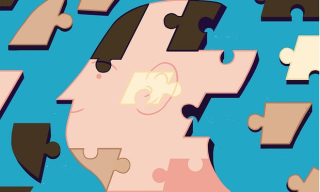
Kenan Malik in The Guardian:
“As identity consciousness has increased among liberals,” Lilla has observed, “political consciousness has decreased.” That is to look at the issue back to front. It is not so much that identity consciousness has diminished political consciousness, but rather that the diminishment of ideological politics has allowed the politics of identity to flourish. In the 1960s, the struggles for black rights and women’s rights and gay rights were closely linked to the wider project of social transformation. But as the labour movement lost influence and radical struggles faltered, from the 1980s on, so the relationship between the promotion of identity rights and broader social change frayed. Eventually, the promotion of identity became an end in itself. The universalism that once fuelled radical movements has largely evaporated.
The erosion of the power of labour movement organisations, the demise of radical social movements, the decline of collectivist ideologies, the expansion of the market into almost every nook and cranny of social life, the fading of institutions, from trade unions to the church, have all helped to create a more fragmented society. These are the changes that have snapped social bonds and hollowed-out civic life.
That hollowing out has been exacerbated by the narrowing of the political sphere, by politics that has self-consciously become less ideological, more technocratic. The Democrats in America have discarded much of their old ideological attachments as well as their links to their old social constituencies. Dick Morris, former chief political adviser to the then president Bill Clinton, whom Lilla lauds, called this the process of “triangulation” – the left stealing the right’s clothes, so that it can appear to be above ideological politics. It was an approach appropriated by Tony Blair for New Labour; many see in Emmanuel Macron’s policies an attempt to fashion a new Gallic version of the same.
It is not, however, through triangulation or managerialism that people bind together. They do so through common struggles for social change. Such struggles enable people to reach out beyond their own identities and give meaning to civic solidarity. It is through such social struggles that we can define what common goals should be, and what we might mean by the common good.
More here.
